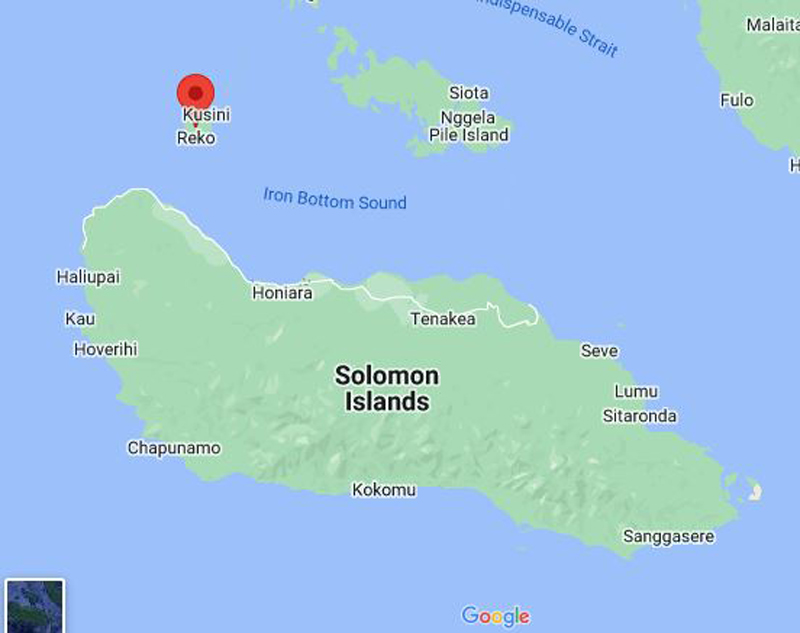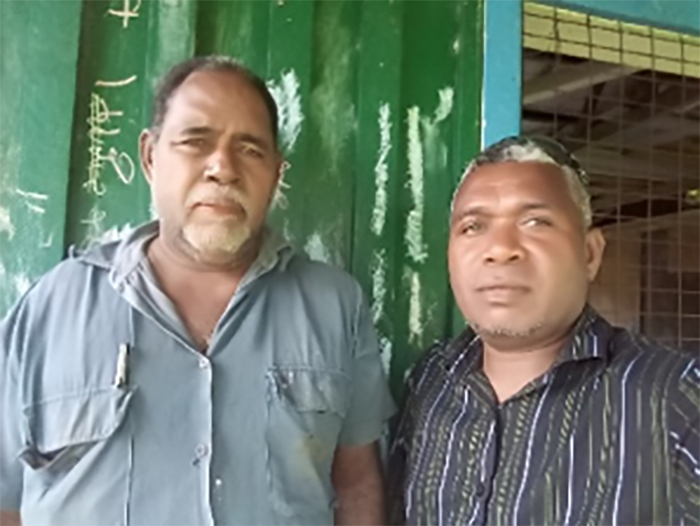ACOM Solomon Islands’ Disaster Resilience Workshops
Have you ever heard of Savo Island? Located 38km north of the Solomon Islands capital of Honiara, Savo Island was one of many islands struck by Cyclone Harold in April 2020. The cyclone destroyed most of the local people’s food gardens of yam, pana (breadfruit) and taro, as well as many homes.
When ABM’s partner, the Anglican Church of Melanesia, ran a series of disaster resilience workshops on Savo Island, the local people were enthusiastic participants. The workshops were part of ACOM’s Disaster Management program, funded by ABM. The workshops included a theological view of disasters, how to do a damage assessment after a disaster, setting up Village Disaster Committees and linking these to diocesan and government structures, identifying natural hazards, and planning for food security.
ACOM’s Casper Supa, who co-facilitated the workshops, noted that traditional crops like taro, pana and yam could be planted all year round and grow quickly in the volcanic soil. He said some introduced crops, like cassava and sweet potato, were less adaptable.
According to Gladys Wendy of Paibeta Village, a mother of two, the islanders are now reviving their traditional food preservation practices to maintain food security during prolonged droughts, bad weather and the upcoming cyclone season.
Philemon Vagasi, a former official with Central Island Province Ministry of Agriculture, observed, “The temperature level has increased significantly, and it has affected our food gardens and sources of drinking water. Our hope now for the upcoming cyclone season is to revive and maintain our traditional food preservation practices.”
The people of the Solomon Islands are in the front line of climate change, as cyclones intensify, rainfall patterns become less predictable and coastal gardens become inundated by rising sea levels. ABM, ACOM and our supporters, are doing what we can to strengthen local resilience.

The island of Guadalcanal, where the Solomon Islands capital of Honiara is located, with Savo Island to the north (indicated by the red arrow). @GoogleMaps
